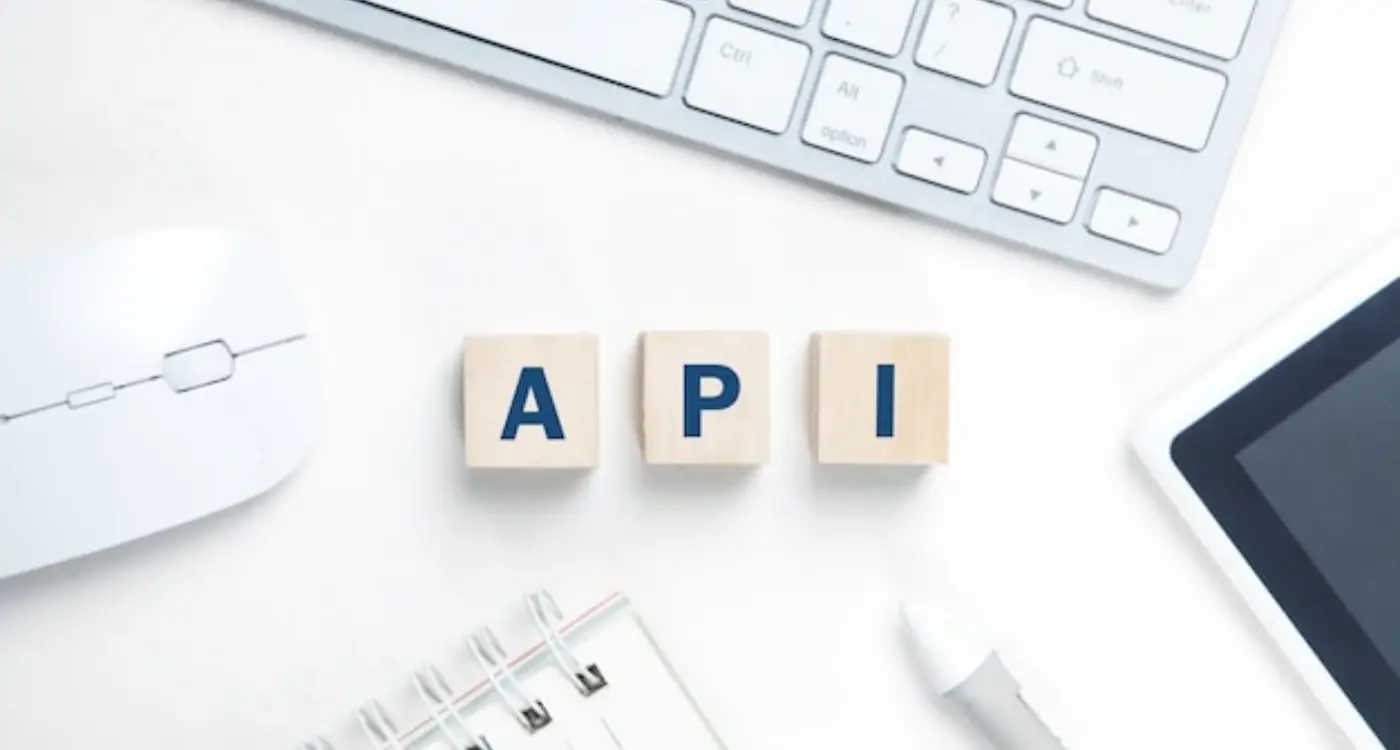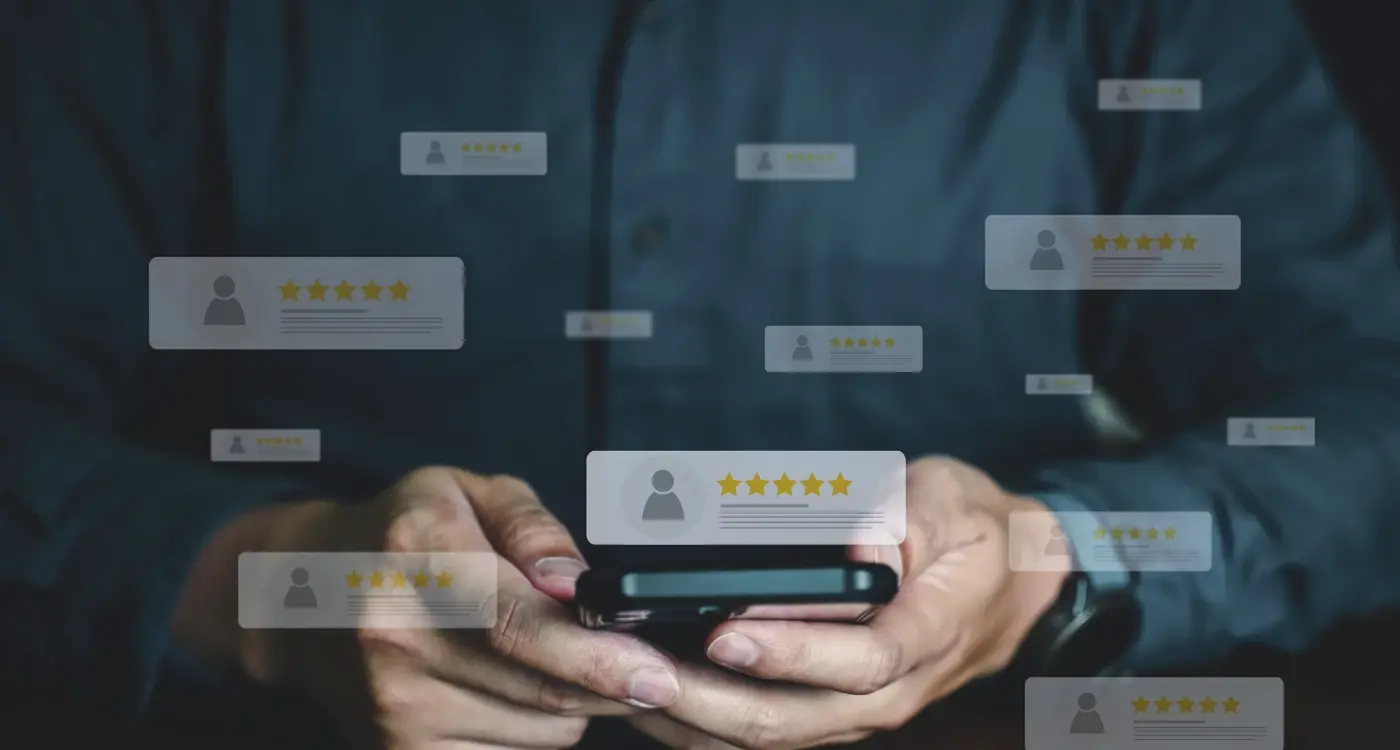Am I Liable If Hackers Breach My App's Security?
Every month, around 4,000 mobile apps get hacked worldwide—and that number keeps climbing. If you're building a mobile app or already have one live in the app stores, you're probably wondering what happens if hackers break through your defences. Are you personally liable? Could you lose your house? Will your business survive the legal storm that follows?
The short answer is: it depends. But that's not very helpful, is it? The reality is that app security breaches create a complex web of legal, financial, and reputational challenges that most developers never see coming. I've worked with clients who've been through security incidents, and the aftermath is rarely what they expected.
The cost of a data breach isn't just about fixing the code—it's about rebuilding trust, handling legal claims, and keeping your business afloat whilst everyone's watching
This guide will walk you through the real legal risks you face as an app owner, what cybersecurity insurance actually covers (spoiler: probably less than you think), and how proper data protection can save your skin before trouble starts. We'll look at actual cases where apps got breached and what happened to the people behind them. Most importantly, you'll learn practical steps to protect yourself legally and financially—because hoping your app never gets hacked isn't a strategy.
Understanding Your Legal Responsibility When Data Gets Stolen
When hackers break into your mobile app and steal user data, the legal responsibility doesn't just disappear—it lands squarely on your shoulders as the app owner. I've seen too many app developers think they can blame the hackers and walk away, but that's not how the law works. You're responsible for protecting the data people trust you with, and if you fail to do that properly, you could face serious legal consequences.
The key thing to understand is that courts and regulators look at what you did to prevent the breach, not just what the hackers did to cause it. If you used weak passwords, skipped security updates, or stored sensitive information without proper encryption, you're going to have a much harder time in court. Your legal responsibility comes down to whether you took reasonable steps to protect user data.
What Makes You Legally Responsible
Several factors determine your level of legal responsibility when data gets stolen:
- Whether you followed industry-standard security practices
- How quickly you discovered and reported the breach
- What type of data was accessed (personal details, payment information, etc.)
- Whether you had proper security measures in place before the attack
- How you communicated with affected users after the breach
The courts won't expect you to stop every possible cyber attack—that's impossible. But they will expect you to have taken reasonable precautions and to handle the situation properly when something goes wrong. Getting this right from the start can save you from major legal headaches later.
What Laws Actually Say About Mobile App Security Breaches
Right, let's talk about what the law actually says when your mobile app gets hacked. The short answer? It depends on where you operate and what type of data you're handling. But here's the thing—most people think they're completely off the hook if they can prove they weren't negligent. That's not always the case.
In the UK, the Data Protection Act 2018 and GDPR make it clear that you're responsible for protecting personal data. If hackers breach your app's security, you've got 72 hours to report it to the Information Commissioner's Office. Miss that deadline and you're already in trouble, regardless of how the breach happened. Understanding GDPR requirements for mobile apps is crucial for staying compliant.
What Makes You Liable
The law looks at several factors when deciding if you're liable:
- Whether you implemented appropriate security measures
- If you followed industry best practices for data protection
- How quickly you responded to the breach
- The type of data that was compromised
- Whether you had proper encryption in place
Here's what catches most app developers off guard—you can still be liable even if the hackers used sophisticated methods. The courts don't just look at whether you were hacked; they examine whether you did enough to prevent it happening in the first place.
Always document your security measures and regular updates. This paper trail can be your best defence if you face legal action after a breach.
The reality is that cybersecurity insurance has become almost mandatory for any mobile app handling user data. The legal costs alone can sink a small development team, even if you ultimately win the case.
The Real Cost of Security Incidents Beyond Legal Fees
When most people think about app security breaches, they immediately worry about the legal bills and potential fines. That's understandable—those numbers can be scary. But here's what I've learned from helping clients deal with security incidents: the legal costs are often just the tip of the iceberg.
The real financial damage comes from lost customers. People stop trusting your app when their data gets stolen, and winning back that trust takes years. I've seen apps lose 60% of their user base within months of a breach. That's not just lost revenue—it's lost future growth too. Building trust in your mobile app is hard enough without a security incident.
The Hidden Costs That Really Hurt
Your development team will need to drop everything to fix security holes. That means your planned features get delayed, your roadmap gets scrapped, and you're paying overtime whilst making zero progress on new functionality. The technical debt from rushed security patches can haunt you for years.
Then there's the reputational damage. Bad reviews flood in, app store rankings plummet, and your marketing team has to work twice as hard to attract new users. I've seen companies spend more on reputation management than they would have spent building proper security from the start.
The bottom line? A security breach doesn't just cost money—it can fundamentally change your business trajectory. That's why prevention is always cheaper than cleanup.
How Cybersecurity Insurance Works for Mobile Apps
Think of cybersecurity insurance as a safety net for your mobile app—it's there to catch you when things go wrong. I've worked with countless app developers over the years, and the ones who sleep best at night are those who've got proper cover in place. This type of insurance doesn't prevent hackers from attacking your app, but it does help you deal with the aftermath when they do.
Most cybersecurity insurance policies cover things like legal fees, customer notifications, and the costs of investigating what went wrong. Some policies even cover lost revenue whilst your app is down for repairs. The tricky bit is that every policy is different—some insurers are quite generous with their coverage, others are more restrictive.
What Gets Covered
Data protection incidents are the big one here. If someone steals your users' personal information, the insurance typically covers the cost of telling everyone what happened (which can be expensive), hiring lawyers, and sometimes even paying fines. The coverage usually extends to things like cyber extortion too—where hackers demand money to give your data back.
The best time to buy cybersecurity insurance is before you need it, not after your app has been compromised
Getting coverage isn't always straightforward though. Insurers want to see that you've taken reasonable steps to protect your app first. They'll ask about your security measures, how you handle user data, and whether you've got proper backup systems in place. It's not just about ticking boxes—they want to know you're serious about data protection.
Building Strong Data Protection Into Your App From Day One
Look, I'll be straight with you—most app developers I meet think about security like they think about insurance. Something boring they'll deal with later. But here's the thing: building data protection into your app from day one isn't just smart, it's way cheaper than trying to bolt it on afterwards.
The good news? You don't need to be a security expert to get this right. Start with the basics and work your way up. Think of it like building a house—you wouldn't put the roof on before laying the foundation, would you? Not all data requires the same level of protection though—identifying your highest value data helps you prioritise your security efforts.
Your Security Foundation Checklist
- Encrypt all user data both when it's stored and when it's being sent
- Use secure authentication methods (no storing passwords in plain text!)
- Keep your app's code libraries updated regularly
- Limit what data your app actually collects—if you don't need it, don't ask for it
- Set up proper user permissions so people only access what they should
- Plan for security testing throughout development, not just at the end
Here's what I've learned after years of building apps: the developers who treat security as an afterthought are the ones who end up in our next chapter about dealing with breaches. The ones who build it in from the start? They sleep better at night and spend less money on lawyers. Implementing secure password policies is one of the most effective ways to protect your app.
What to Do When Your App Gets Hacked
Finding out your mobile app has been hacked is like discovering someone has broken into your house—panic sets in and you're not sure what to do first. I've helped clients through this exact situation and the key thing to remember is that your response in the first 24 hours can make or break your business.
Start by taking your app offline immediately. Yes, this means losing users and revenue, but it's better than letting hackers continue accessing your systems. Next, contact your development team and cybersecurity experts—this isn't the time to save money. Document everything you find because you'll need this information for insurance claims and legal requirements.
Tell Your Users What's Happened
Transparency builds trust, even when things go wrong. Send push notifications and emails explaining what happened, what data might be affected, and what you're doing to fix it. Don't hide behind legal jargon—speak to your users like real people who deserve to know the truth.
Get Your Cybersecurity Insurance Involved
If you have cybersecurity insurance (and you should), contact them straight away. They'll guide you through the claims process and can provide expert help with data protection requirements. Many policies also cover the cost of notifying users and regulatory bodies. Having a solid plan for handling security breaches makes the recovery process much smoother.
Keep a printed emergency contact list with your developer, lawyer, and insurance provider's details. When your systems are compromised, you might not be able to access your usual contacts.
Recovery takes time, but being honest and acting quickly will help you rebuild trust with your users and meet your legal obligations.
Learning from Other Apps That Got Breached
Sometimes the best lessons come from watching others make mistakes—and when it comes to app security breaches, there's no shortage of examples to learn from. I've watched countless apps get compromised over the years, and whilst each incident is unique, the patterns are remarkably similar.
The Most Common Mistakes
Most breaches happen because of basic security oversights. Apps store passwords in plain text instead of encrypting them; they don't update their security libraries; they trust user input without checking it properly. One popular fitness app got breached because they left their database completely open—no password protection at all. Anyone who knew where to look could access millions of user records.
Another common problem is third-party integrations. Apps often use external services for things like payment processing or social media login, but they don't secure these connections properly. That's like leaving your back door wide open whilst you're busy reinforcing the front door. The Apple App Store hack showed how even major platforms can be vulnerable.
What Actually Happens After
The aftermath is always messy. Users lose trust immediately—and getting it back takes years, if it happens at all. The apps that survive breaches are the ones that communicate honestly, fix the problem quickly, and show they've learned from their mistakes. The ones that try to hide what happened or downplay the severity? They usually don't make it.
Conclusion
After building mobile apps for over eight years, I can tell you that security breaches aren't a matter of if—they're a matter of when. But here's what I've learned: the apps that survive and thrive are the ones that prepare properly from the start.
Your liability when hackers breach your mobile app depends on several factors—what data you collect, how you store it, whether you followed reasonable security practices, and which laws apply to your business. You can't eliminate all risk, but you can manage it sensibly through proper data protection measures, cybersecurity insurance, and having a solid response plan ready.
The good news? Most security incidents don't kill businesses—poor preparation does. If you've built strong security into your app from day one, invested in proper cybersecurity insurance, and know exactly what to do when something goes wrong, you'll be in a much better position than most.
Data protection isn't just about ticking legal boxes; it's about building trust with your users and protecting your business for the long term. Start with the basics, get the right insurance coverage, and remember that every app developer faces these same challenges. You're not alone in this.
Share this
Subscribe To Our Learning Centre
You May Also Like
These Related Guides

How Can Poor API Security Decisions Impact Your Mobile ROI?

How Do I Protect My Luxury Brand's Reputation Through My App?



